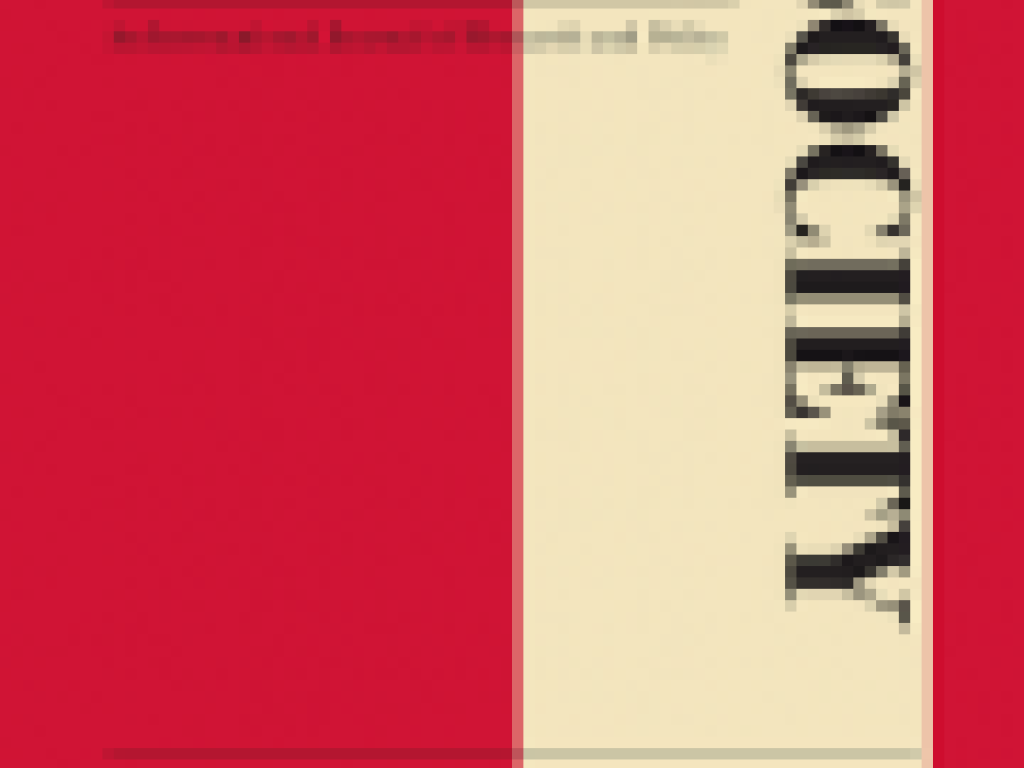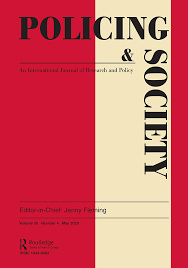Tribute to David Bayley


We both knew and loved David Bayley for almost 50 years. Throughout that time he was recognised as the world’s leading international comparative policing scholar. Since his death many tributes from fellow academics have been published, in which the highlights of his academic career, his prolific publication record, and his significant contributions to the development of policing scholarship have been recounted. And in 2015, an exceptional chronicle and appreciation of his life and career to date was published by an English police officer, Richard Heslop (2015). So we do not feel that we need to go over all that ground again here. Rather, in what follows, we explain what were David’s particular qualities that we experienced that made him such a cherished colleague, mentor, inspiration and personal friend for all those years that we had the privilege of knowing him. We first met David when he visited the Centre of Criminology at the University of Toronto, where we were both at the outset of our own academic careers. It was then that we first noticed three of David’s particular qualities that we came to recognise as his distinctive hallmarks as a scholar and colleague. First, he was able to present ideas and thoughts with an ease and fluency that was rare; when he gave talks, he presented informally, in language totally free of technical jargon, with the aid of nothing but a few handwritten notes on 5′′×3′′ record cards. Of course, in those days the closest thing to a modern Powerpoint presentation was an acetone slide. But David eschewed audio-visual aids and lecterns in favour of a very personal style of presentation in which he seemingly effortlessly engaged with his audience. And we soon came to realise that he adopted the same presentation style in the classroom as when giving invited talks to fellow academics. It was a style of presentation which had his audience’s undistracted attention, and which we both strove to emulate throughout our own emerging academic careers, and credited him with having inspired us to do so. Imagine Philip’s shock and disbelief, then, when David came to the School of Criminology at Griffith University in Brisbane in 2014, at the age of 81, to give the bi-annual Fitzgerald Lecture, with the aid of a Powerpoint presentation, and from behind a lectern!1 On 29 October 2019, in what may have been David’s last presentation, entitled ‘A New Look at the Politics of Policing’ – David was still pushing boundaries at 86! – at the School of Criminology, at the University of Montreal, to an enthralled group of students and faculty, Clifford watched, as usual spellbound and in awe, as David weaved his characteristic cloth of rigour, insight and charm. The second quality that impressed us from the outset was that David loved robust debate and discussion. Indeed, he regarded these as the essential ingredient of good scholarship and intellectual development, and he never shied away from controversy or critique of his views. It was a very important example for young scholars who in some cases had watched in horror as established scholars trashed each other in public in conferences. David viewed such performances with contempt. Our own continuing debates and discussions with him throughout the almost 50 years that we knew and worked with him, greatly enriched our intellectual lives as fellow policing scholars, and cemented our lasting personal friendships with him.
Shearing, C. & Stenning, P. 2020. David Bayley - 1933-2020: A personal tribute. Policing & Society. 30:4, 479-482
